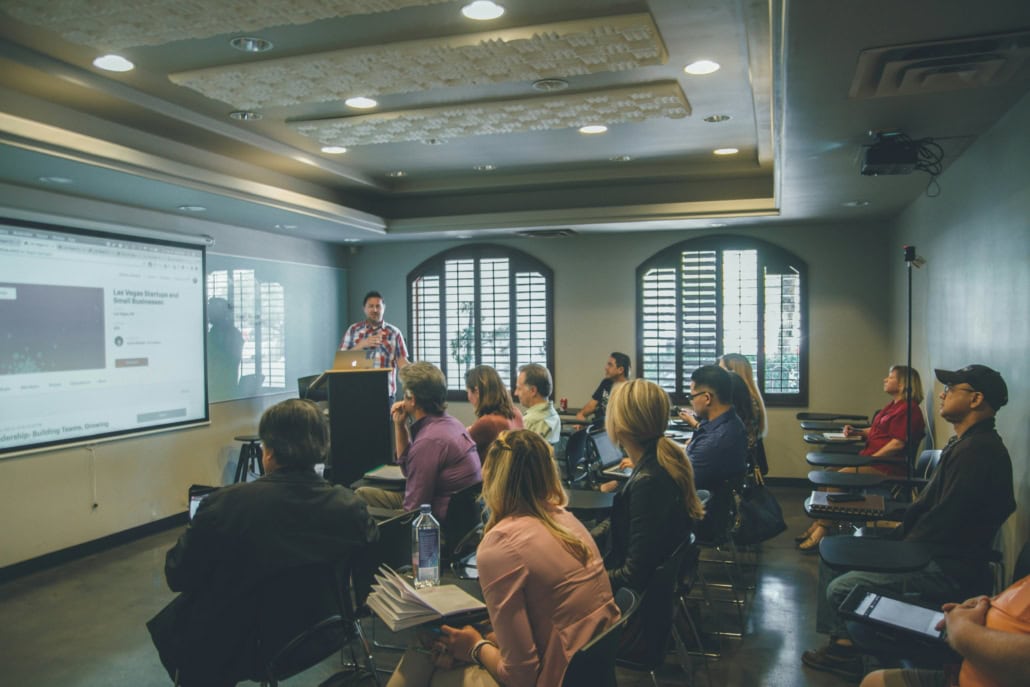|
Getting your Trinity Audio player ready...
|
Family Governance Is a Contact Sport
Transitioning a family’s wealth from one generation to another is my beat, and every week I take a stab at adding some useful perspectives to this work.
Doing this work is rarely easy, and I like to think that all of those who work this space like I do, in support of families trying to succeed, can and must learn from one another.
Recently in Building Processing Time into your Process, I noted how one peer group I’m part of likens family work with skiing only the double black diamond runs.
In my weekly posts I often share things I learn in peer groups, but I just realized that one of my regular conferences offers something I don’t get anywhere else.
A Conference Like No Other
I just returned from the annual conference of the Institute for Family Governance in NYC and once again, it did not disappoint.
But I’m only now coming to grips with what makes it so different from the other annual family enterprise events on my calendar.
I get a lot out of Family Enterprise Canada’s Symposium, the RendezVous of the Purposeful Planning Institute and the Family Firm Institute’s annual conference.
But IFG is different and it’s because it’s just so damn real.
The organizers manage to bring together real people from real multi-generational family businesses, who share real stories.
Because family governance is very much a contact sport, some of these stories are not necessarily all butterflies and roses, as you might guess.
But somehow at IFG, they tell the real stories and really share, warts and all.
Strictly Obeying the Chatham House Rules
The IFG Conference runs on the basis of Chatham House Rules, which means that I’m allowed to share much of what I heard there, so long as I don’t share who said what.
I can easily share some snippets of words shared during talk at my table between presentations, though.
A man beside me noted that he did not recall hearing the word “A-hole” so many times in one day at a conference before, and I had to agree.
I shared a comment with a young woman on the other side of me at the end of the day, where I told her not to expect to hear the sharing of such frank stories at other conferences.
A Spirit and Culture of Blunt Sharing
The stories we heard typically involve families whose wealth has already successfully transitioned a few times from one generation to the next, and yet still there are some elements involving conflicts that got resolved, seemingly against long odds.
We can learn from the successes of other families, but we may even be able to learn more from their failures.
The stories shared involve a lot of successes that were required to build the wealth of the families, and then the hiccups along the way as that wealth was being shared by the family.
The blunt sharing of the less beautiful aspects of those transitions is what makes the IFG conference special, as the culture has been created where that’s a safe space for family members to share.
Families and Their Wealth Grow at Different Rates
One of the issues that can arise is that the wealth can continue to grow at some reasonable rate, but when you go down a couple of generations, the growth in the number of family members can expand exponentially.
As a generous amount of wealth is expected to be available to more and more people, that can become problematic.
Who gets to decide how the wealth is managed and shared? See Who Gets to Decide Who Gets to Decide from 2017.
Pruning the Family Tree
Building wealth is difficult enough, but learning how to keep it and share it as a family is probably even harder.
It shouldn’t be surprising to learn that many of the stories we heard about from families where the wealth was first created over a century ago, were able to transition it a few times by limiting the number of family members who shared in it.
This sort of “pruning” of the family wealth tree is simple to explain, but not necessarily easy to implement, assuming that you value harmonious family relationships.
The IFG conference did a nice job of normalizing the fact that families can face a bumpy road on this journey, but when we learn to share the good, bad and ugly, we can help others to be forewarned.






